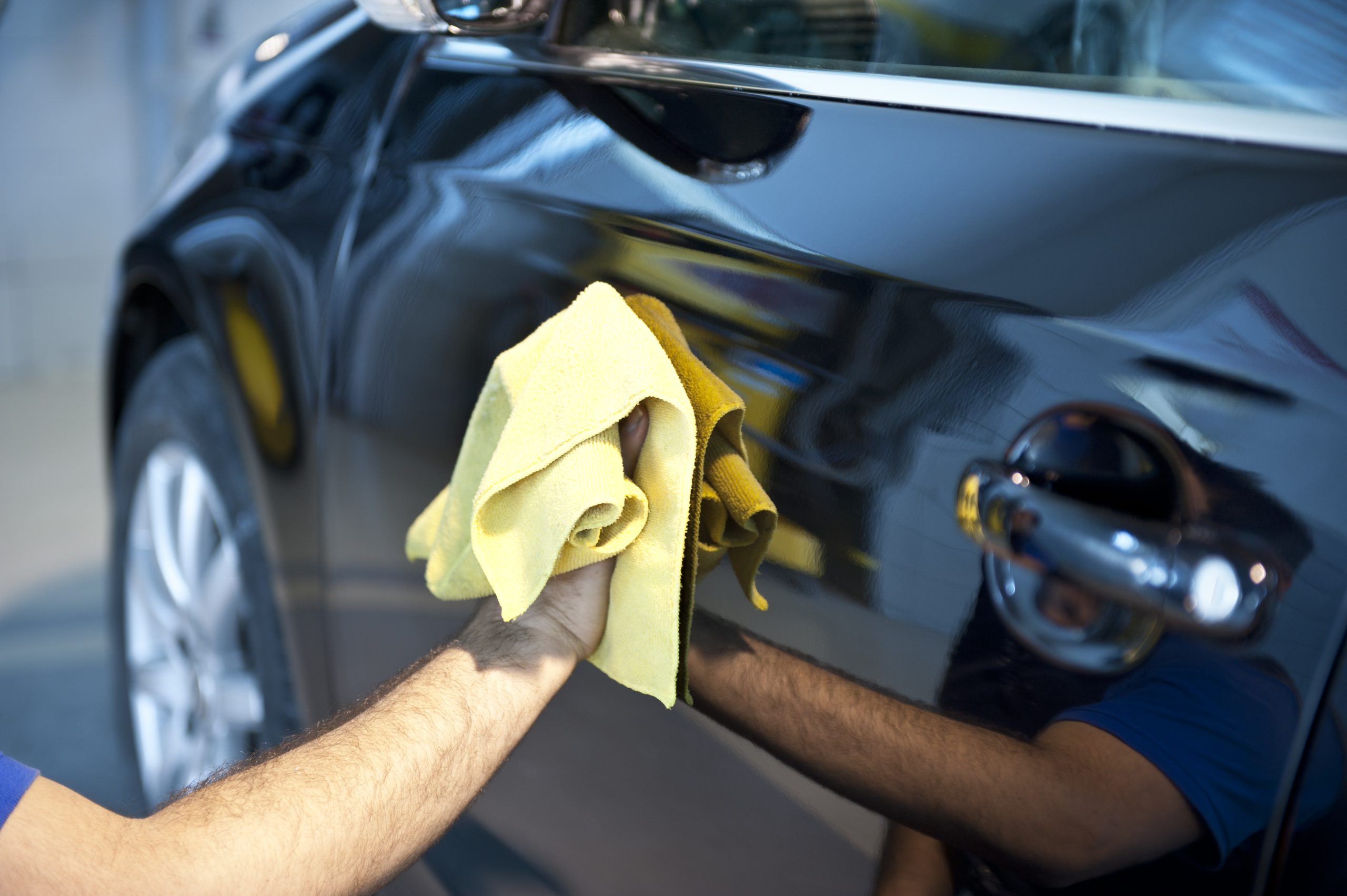RV detailing is a time-consuming task, but it’s an important one to keep your investment clean. Whether you choose to DIY or hire a professional, here are some things to consider.
Some factors can influence RV detailing prices, such as the size of the vehicle and add-ons. In addition, location-based businesses may have to factor in building overheads and land rental or mortgage costs into their pricing strategies.
Cost
There are several factors that determine the cost of an RV detail. For one, it’s important to find a detailer that specializes in RVs and understands their unique needs. This will help them offer you a better deal and save you money.
Another factor is the size of the RV. Small RVs are 21 to 27 feet in length, while larger RVs can be up to 40 feet long and weigh more than 40,000 pounds. These are more difficult to clean and require more work, so they can cost more than smaller RVs.
Lastly, the condition of the RV is also important to consider. For example, if the RV has a lot of wear and tear, it may take longer to clean. In addition, if the RV is dirty and smells bad, it can make people feel unwell. This is why it’s recommended that RV owners get their vehicles detailed regularly. The best way to do this is by hiring an experienced professional.
Experience
Whether you’re a professional RV detailer or simply looking to add RV cleaning to your services, there are some things you need to know. These tips will help you wash RVs with ease and confidence. They’ll also help you get the best possible results for your customers.
Many RVers find that they can save money by having their camper professionally detailed. This can also help increase the resale value of your RV. In addition, regular detailing can make your RV more comfortable to travel in and use.
Most RV detailers charge by the foot, with prices ranging from $5 – $45 per foot. This cost can vary depending on the type of RV you have, its age, and how dirty it is. Be sure to ask your detailer for a detailed price list before hiring them. The more information you have, the better you can compare prices. Also, ask about their products and materials. It’s important to use eco-friendly products that will not harm your rig.
Equipment
The RV detailing process involves many intricate steps and specialized supplies. It can be done at home or with a professional RV detailing service. Choosing a professional will save time and effort. The price will vary depending on the size of the RV and the level of detailing required. A simple exterior wash may cost around $10 a foot, while a full interior and exterior detail can be as much as $30 a foot.
Some RV detailing companies are mobile and will come to your location. This can be more convenient than traveling to a commercial car wash. It is also more environmentally friendly. The company should use non-toxic products that will not leave any chemical residue in the water tanks or system.
A good RV detailer will have a portable cleaning cart that can accommodate all the necessary cleaning supplies. It should have multiple shelves for brushes, sponges, and sprays. It should be durable and easy to maneuver. It should also have a top cutout for holding a bucket or the company’s Universal Pad Washer.
Insurance
RVs are more expensive than regular vehicles, so it’s important to insure them against accidents and other damage. Most states require liability insurance, and you can choose additional coverage, such as collision and comprehensive. You can also choose to include personal property coverage. This covers items inside your RV that are not part of the vehicle’s standard value, such as awnings and electronics.
You can save money by bundling your RV insurance policy with your auto or home insurance. In some cases, you may even be able to earn discounts for being a responsible driver or for paying your premiums in full rather than on a monthly basis.
RVs are typically divided into different classes, depending on their size and features. Some of the most common classes are class A motorhomes, class B RVs, and travel trailers. In addition, there are also class C RVs, which are typically cargo vans without a cab-over and fifth wheel vehicles.rv detailers in my area

